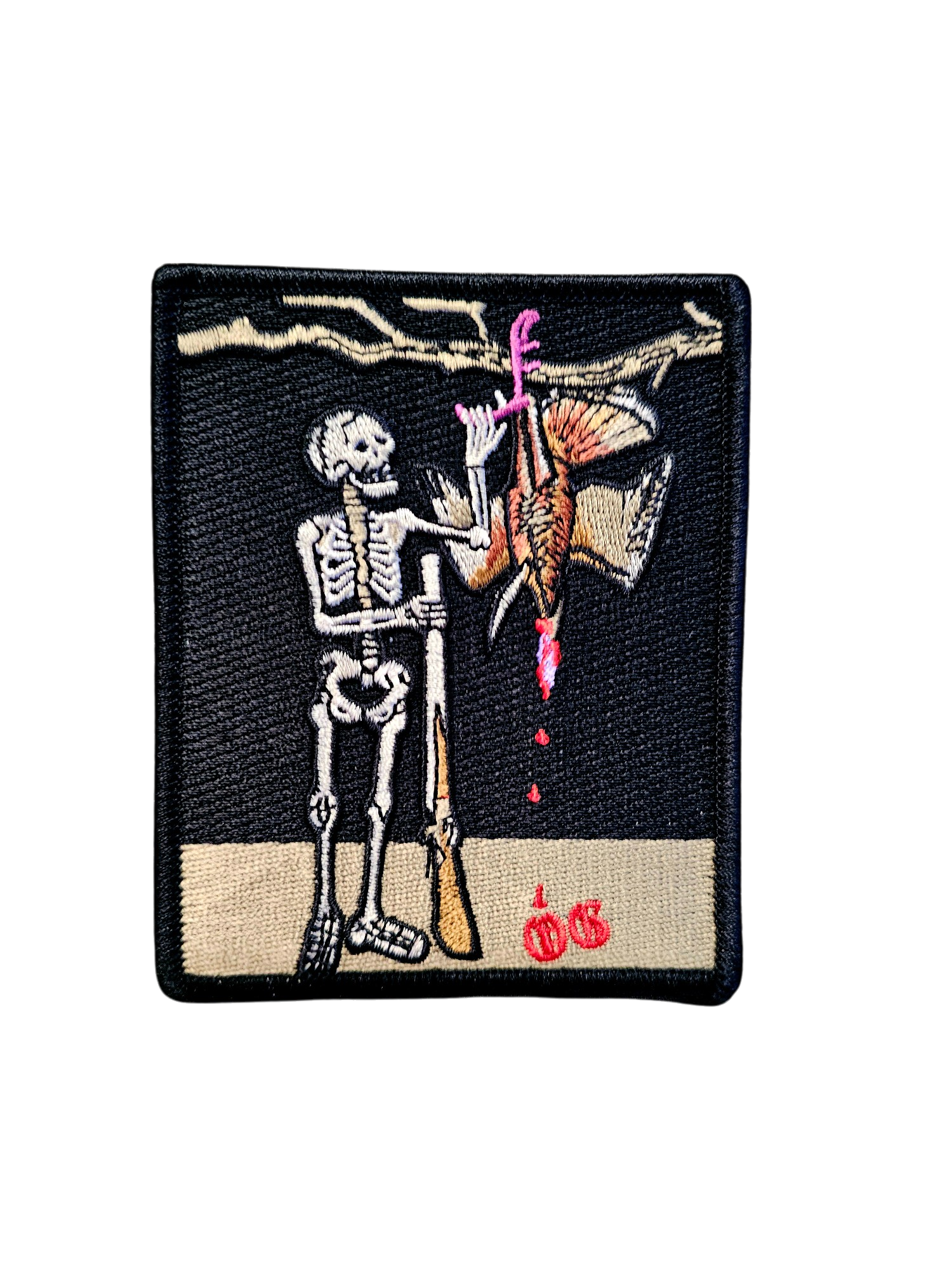        |
What call do you start out with?Started by BottomLand54, March 13, 2018, 08:16:07 AM Previous topic - Next topic
User actions
|
        |
What call do you start out with?Started by BottomLand54, March 13, 2018, 08:16:07 AM Previous topic - Next topic
User actions
|